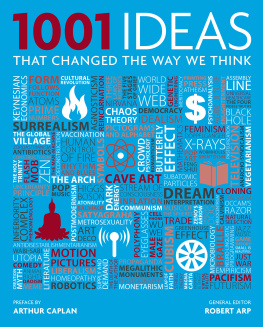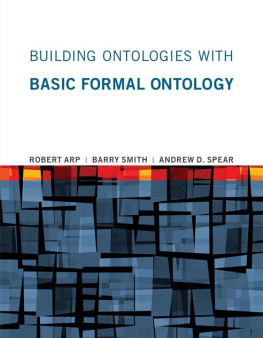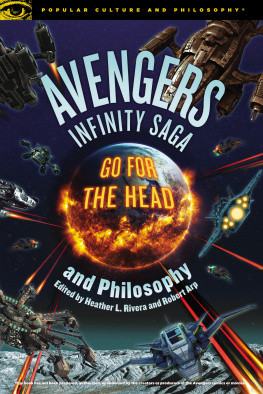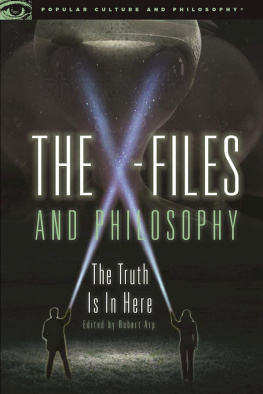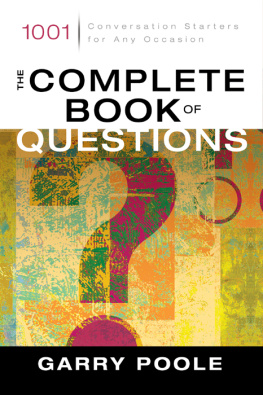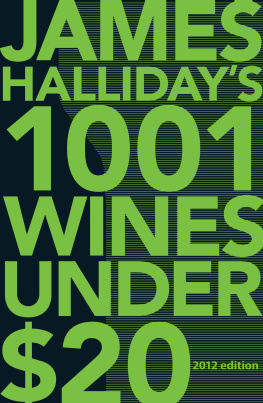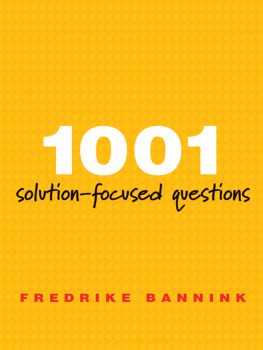Thank you for downloading this Atria Books eBook.
Join our mailing list and get updates on new releases, deals, bonus content and other great books from Atria Books and Simon & Schuster.
Preface
By Arthur Caplan
These days, it is not uncommon to hear commentators on higher education accuse those who spend time studying the humanities in college or university of being foolish. The idea that a person might take courses in philosophy, psychology, religion, the arts, sociology, or politics strikes many as simply ludicrous. They argue that the whole point of education is to get a job, and that to get a job a person needs to have a practical skill or possess a body of readily applicable knowledge. These goals make the study of big ideas in the humanities or social sciences at best ludicrous and at worst pointless.
As you begin to browse through 1001 Ideas That Changed The Way We Think , one of the most important things that you realize is just how utterly wrong are those people who see the value of education only in terms of the career opportunities it creates. A cursory look through this book soon makes it evident that the discoveries, inventions, and findings that make the most difference in our lives are just as likely to emanate from the humanities and social sciences side of the intellectual landscape as they are from technology, science, and engineering. In fact, the latter are only likely to flourish when firmly embedded in a wider context of big ideas that allow them to do so.
Moreover, the rich history of ideas that can be found in this book reveals an even more important truthwhat it is that makes life meaningful is not found simply in an education that prepares one to excel at computer programming, advertising, bioengineering, or business. It is only through an engagement with great ideas that we can find meaning and purpose in our lives. These ideas enable us not only to decide on but also to defend the personal views that we assume regarding important matters. Is there an absolute moral ethic that you should always follow, as Plato claims? What is it that we actually see when looking at art, as John Berger asks? Do you agree with the American Psychiatric Associations diagnostic manual classification of what is normal with respect to mental health? Should you live your life wary of the lure of the ephemeral, materialistic trinkets and baubles that are shilled by capitalism, as Jean-Jacques Rousseau urges? The way that you live your life and the way that you choose to present yourself to the world will be far more enriched by reading this book than by spending years in a graduate school of business, law, or accounting. Indeed, the rationale for doing the latter ought only to be grounded by an immersion in the former.
There is yet another reason why the entries in this book merit your attentionthey are intellectually challenging, and as a result are fun to think about. Jeremy Benthams full-throated articulation of utilitarianism provides a fascinating antidote to centuries of morality reliant on divine or royal authority, virtue, and inviolate principles. His thinking is reflected in every cost-benefit and risk-benefit analysis that accompanies nearly all public policy thinking today. Even recent efforts to install happiness as the correct measure of a nations overall status, as suggested by King Jigme Singye Wangchuck of Bhutan, owe a great deal to Bentham. However, for all his brilliance, Bentham could fail in applying his theories to social reform. His efforts to promote the Panopticon as an alternative to the harsh, often inhumane conditions that dominated prisons and asylums, with their tiny quarters, bars, locks, lack of windows, and chains, were noble. But the notion of being subject to permanent surveillance caused other problems, because a certain amount of personal privacy is often considered requisite for maintaining a persons sense of self and self-esteem.
In looking forward, there are plenty of big ideas reviewed in this book that can help to provide conceptual handrails for what might be in our future. Perhaps one of the most provocative is Garret Hardins lifeboat Earth argument that, in a world of limited resources with a growing population, we cannot let the poor, weak, and disadvantaged consume resources if it means that the ability of all to survive will be imperiled. While his dire forecast of the inevitability of life and death rationing has power, it may be that some of the other ideas examined in these pages will provide us with the tools to generate more resources or reduce population growth. By thinking big, we may be able to make the chances of Hardins bleak prediction coming true much smaller.
As Bentham knew, a big idea is worth promoting and even testing in the real world. And as will become apparent upon reading this book, a big idea is also worth criticizing, endorsing, dismissing, and amendingbut only you will know which seems the most appropriate response to what you find in these pages. Enjoy.

New York, United States
Introduction
By Robert Arp
I am a philosopher by training, so, as philosophers seem naturally to be attracted to ideas of any kind, it makes sense that I would be the editor of a book like this one. The word philosophy is derived from the Greek words philo , meaning love or desire, and sophy , meaning wisdom or knowledge. Philosophy is therefore the love of wisdom, and an important way to attain knowledge is by exposing yourself to plenty of ideas.
But what exactly is an idea? The English word is a direct cognate of the Latin idea , which is derived from the Greek . The Greek word is itself a derivation of the Greek verb meaning to see. Ancient Greek philosopher Plato used the word idea to refer to Formsunchanging, perfect, ideal things of which everything in the universe was a better or worse copy. There was a Form of human, a Form of cat, a Form of tree, even Forms of justice, beauty, and goodness. The Forms were real, existing things, and a person had to use their mind to reason, think about, and understand them, especially when philosophizing.
Platos definition of an idea might strike us as strange, because for him ideas were extra-mental things out there in realitynot visible to the eye, but knowable by the mindwhereas nowadays we think of ideas as concepts or images that exist, at best, in a persons mind. Nonetheless, Platos concept of an idea was influential in Western history for many centuries. In the Middle Ages, medieval Christian philosophers and theologianswho borrowed much from the theories of Plato and his prize student, Aristotleused the term idea to refer to an archetype of some thing that existed in the mind of the Christian God. According to this view, before God created the universe and all that it contains, He had the idea of the universe and all that it contains already in mind. It was also around this time that the word idea began to be used interchangeably with the Latin words conceptio (conception), conceptus mentis (mental concept), notio (notion), verbum mentale (mental word), and species intelligibilis (intelligible species).
By the seventeenth century and the birth of what is known as Modern philosophy, idea no longer referred to some Platonic concept existing outside of the mind. Rather, it had taken back its original Greek connotation of to see. For example, Ren Descartes noted that Among my thoughts, some are like images of things, and it is to these alone that the name idea properly belongs. He also wrote that idea is the thing thought upon. By the time that John Locke penned his influential An Essay Concerning Human Understanding in 1690, the word idea had assumed a purely mental association: the word Idea stands for whatever is the object of the understanding when a man thinks. I have used it to express whatever is meant by phantasm, notion, species, or whatever it is which the mind can be employed about when thinking.

